Robert Cotter, Tiger Lily and the Mob
How an album featuring the pre-fame members of Chic spent 50 years in the vaults.
A while back, we told you the story of how Chic was formed–how the nucleus of the legendary disco party machine came together on the mean streets of Sesame.
But what we didn’t tell you was that their first studio sessions were recorded for the mob, that these recordings were never properly released in their time, and that their original lead singer faded into total obscurity following his brush with the mafia.
In sessions spanning 1975-1976, a singer named Robert Cotter fronted the Big Apple Band–an ensemble that included Nile Rodgers, Bernard Edwards, Tony Thompson, Robert Sabino.
The Big Apple Band morphed into Chic in 1977 and made history.
But while his old friends topped the charts, Cotter stayed behind–his lone album shelved, unheard, and unknown—his name lost to time. But why?
Well, to answer that question, we have to back up a bit.
Draggin’ the Line
It’s said that there were Five Families who controlled the New York-New Jersey mafia back in the day. But Tommy James would beg to differ. The lead singer of the Shondells would argue that there was a sixth family—the music business owned and operated by Morris Levy.
In an industry notorious for attracting shady characters, Mo Levy still rises above the average music business crook. Levy first made his reputation as the founder of Harlem’s legendary Birdland jazz club. It was also there that he learned he could make a fortune off of royalties by claiming copyrights for songs written by the artists under his control.
He would make millions from this lesson.
Wheel of Misfortune
By 1956, Levy had launched Roulette Records. The label was built to capitalize on a rising fad called rock and roll.
Its most prominent artists included Golden Agers like Frankie Lymon and the Teenagers, Bill Haley, Buddy Knox, and the aforementioned Tommy James.
James, in particular, confirmed in later years the long-suspected connection between Roulette Records and the Genovese Crime Family. But in retrospect, Levy’s business tactics left little doubt.
Levy was notorious for asserting his own authorship of songs written by artists under his thumb, as well as extorting artists out of their earnings with the threat of violence, or in some cases, the actual use of violence.
Tommy James–who at one point in the 1970s was forced into witness protection as a consequence of Levy’s shady dealings–estimates that he’d been deprived some $30-$40 million in songwriting royalties as a result of Levy’s embezzlement.
Anyway, Roulette was just the tip of the iceberg for Levy, who at the peak of his power claimed stakes in 90 music related companies including labels like Buddah, Kama Sutra, Sugar Hill, and TK Records as well as the Strawberries music store chain.
Somewhere, tucked into the recesses of this ill-gotten empire, was a little label called Tiger Lily.
Paper Tiger
Tiger Lily seems to have existed only in 1976. During that time, the label “produced” an estimated 70 albums by artists including Tim Rose, Libby Titus, and Dobie Grey, as well as an almost certainly unauthorized release by rising comedian Richard Pryor.
Indeed, Tiger Lily was nothing more than a tax scam–a fake record label designed to produce records that were intended to lose money. At the time, there was a loophoole in the tax code that allowed record companies to take substantial writeoffs for money invested in recording expenses which failed to generate profitable albums.
Levy took the loophole for all it was worth, using Tiger Lily to offset the considerable profits he pulled from Roulette.
It's said that Tiger Lily operated with a staff of one–a woman who sat in a small office with a desk, a chair, a phone, and the record label’s name affixed to the door. That was the whole business, and it really only existed for one year.
And each Tiger Lily “release” was kind of like its own self-contained scam specifically aimed at losing money. Sometimes, they would acquire shelved demos or sessions from other labels and release them without artist knowledge. Other times, they would scrape extant bootlegs for material. In one case, they released an album called Reading Festival Featuring Rod Stewart credited to Rod Stewart and Friends. It contained just one song by Rod Stewart. (And don’t let the grotesque album art fool you. This album is so rare, the only copy currently listed on Discogs is selling for $5,000.)
Still, given Tiger Lily’s racket, it’s a remarkable matter of sheer chance that this fake label would capture something of historical importance—the only actual studio recordings by the Big Apple Band.
Disco Blues
The future members of Chic, along with Robert Cotter, and some assortment of other Cotter associates, pressed a full set of sessions for Levy’s scam label.
Rodgers, Edwards and company backed Cotter on “Missing You” (included above), and the tune below:
But of course, the sessions were buried just as soon as they were recorded. Tiger Lily never had any intention of releasing them. It’s not known how many copies were pressed, but most were destroyed.
Tiger Lily folded at about the same time that a completely unrelated artist named Walter Murphy and his Big Apple Band hit the charts (alongside everything else on the Saturday Night Fever sountrack) with “A Fifth of Beethoven”.
Walter Murphy’s breakout prompted the Big Apple Band to change their name. As Chic, they partied on without Cotter.
Nile Rodgers did repay Cotter for his contributions. In 1978, following the success of Chic’s debut, Rodgers produced a self-titled record for Chic singer Norma Jean Wright. It included a cover of Cotter’s as yet unreleased “Saturday”.
‘
“Saturday” became Norma Jean’s first and biggest hit, reaching #15 on the R&B charts.
Cotter would be credited with just one more recording–a 1980 EP called Timeless that appears only to have been released in Italy. After that, his affiliations with both Chic, the mafia and the music biz faded into obscurity.
Nile Rodgers, of course, mounted a career as one of history's most successful producers, and dominated the charts in the early 80s with Madonna, Diana Ross, Sister Sledge, David Bowie, Duran Duran, and more.
When the Levy Breaks
By the time Nile Rodgers had built his own empire, Morris Levy’s was crumbling. Levy had become a central figure in an ongoing FBI investigation into ties between the music industry and the mob. Much of the evidence used against him was gathered through a bug placed behind the “O” in the sign over his right shoulder in the photo below:
Levy was finally indicted for a decades-long racketeering and extortion ring in 1990 but conveniently died just two months before he was scheduled to report to prison.
Today, some of the releases by Tiger Lily remain highly sought after and impossible to obtain. Others have been widely bootlegged but have never received official release. Others still, like the Richard Pryor release, are affordable and easy to find.
Cotter’s album, however, was for many years one of the great lost gems in Tiger Lily’s dusty vaults.
The few copies that existed were mostly owned by Cotter himself. So it was that an official release only happened with his participation. A reissue label called Wewantsounds finally made his sessions widely available in 2021. This is the only way to hear the Big Apple Band in its full sonic glory.
A great many other recordings from Tiger Lily remain lost to time. Others still exist in precious short runs, with known copies fetching thousands of dollars on the open market. For our shared edification, I’ve assembled what I can from Spotify.

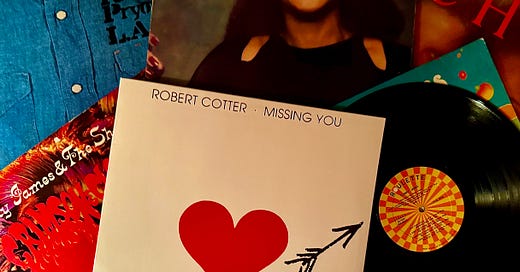



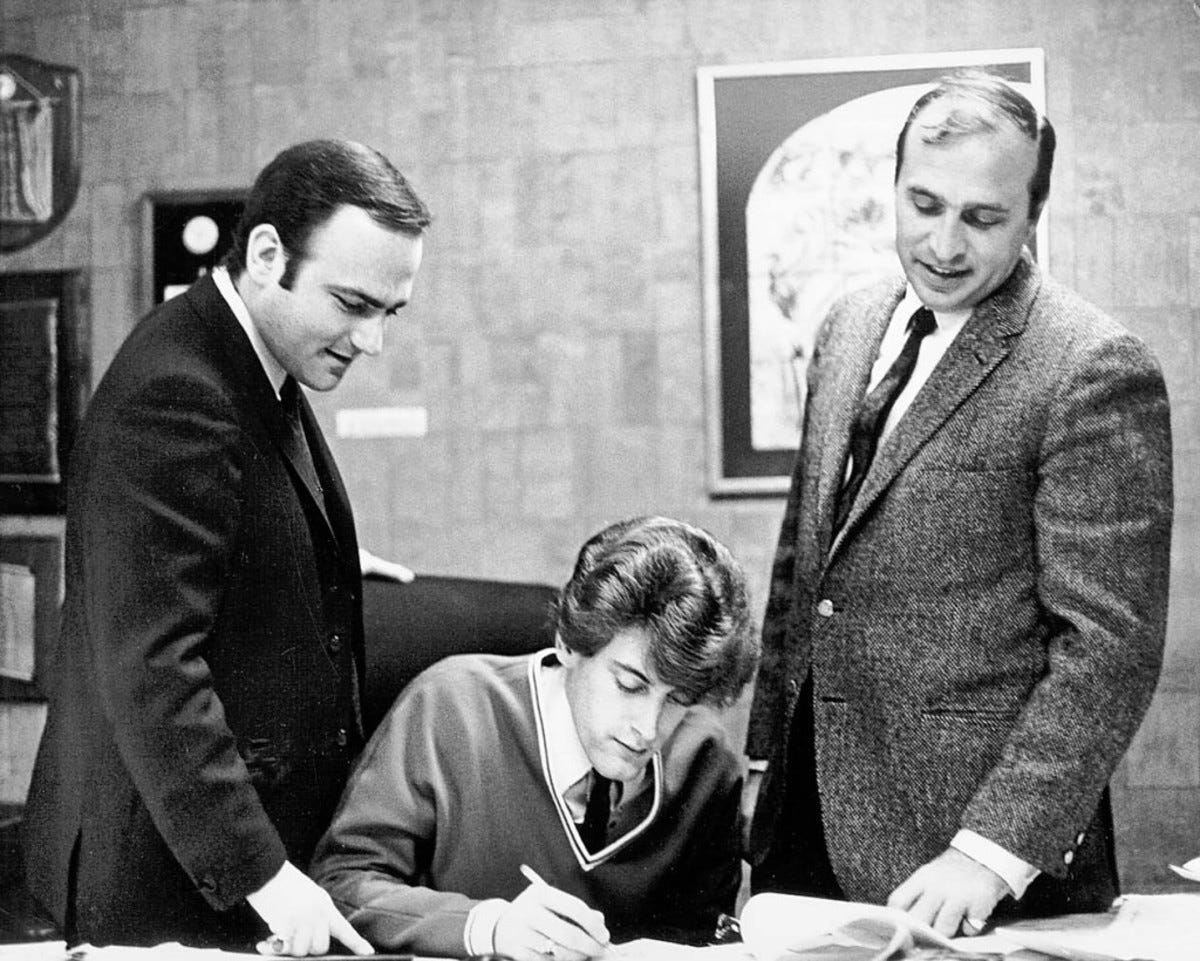
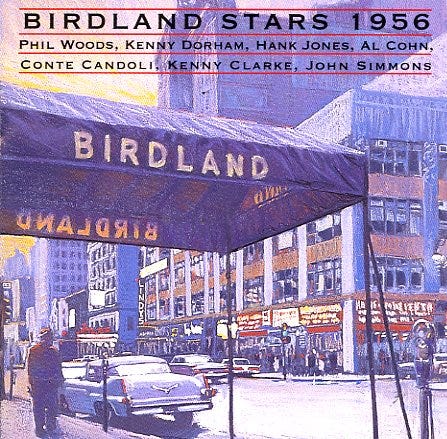

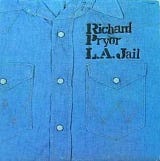


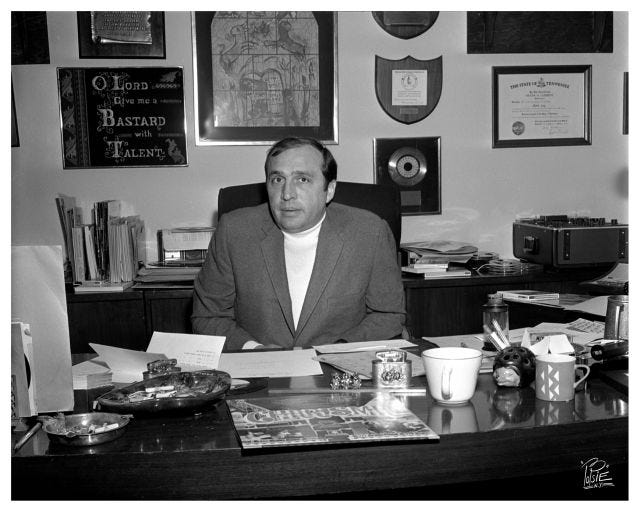
Great write-up! Kama Sutra and especially Buddah played a significant role in the early history of disco. Just one small correction: Morris Levy wasn’t connected to TK Records. That label was founded by Henry Stone and was based in Miami, not New York City. I actually wrote a piece about TK a few weeks ago: https://thetwelveinch.substack.com/p/kc-and-the-sunshine-bands-rise-and
Levy's robbing of songwriting credits and royalties was also done by many other label bosses, such as Don Robey of Duke/Peacock and Bobby Robinson of Fire/Fury, both of whom had ties with local gangster organizations. Notably, Berry Gordy Jr. of Motown abstained from that practice, since he actually was a legit songwriter and a mentor to the ones he employed, although many of the non-songwriting artists would claim he robbed them instead.